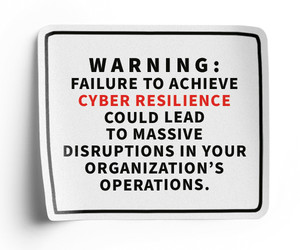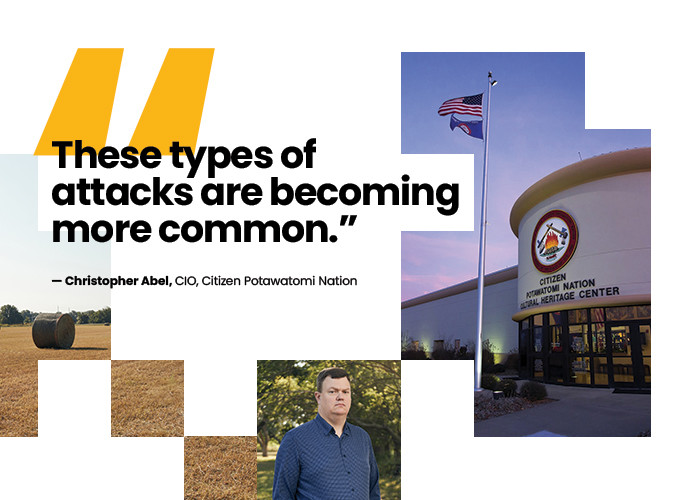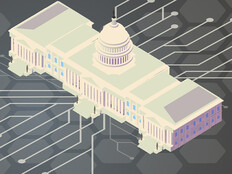With Native tribes responsible for services such as healthcare and utilities for members, they cannot afford downtime from a ransomware attack, says Mike Day, chairperson of Tribal-ISAC, an organization focused on protecting tribes.
“You have to figure out how to restore quickly when you’re talking about healthcare, payroll and the critical infrastructure such as water and electricity that some tribes provide,” says Day, who is also the founder and executive officer of TribalHub. “There’s very little time for downtime.”
Complying with the Government’s 3-2-1 Backup Policy
For CPN, Abel sought a simple tool that was faster to restore than other systems that can take hours to “rehydrate” the data, which entails finding the data, opening it and sifting through the system to read or find the files to restore. Cohesity and its indexing system met this need as the tribe looked for particular files to restore.
A tiered storage system enables CPN to replicate data and maintain the backup necessary to bolster resilience. It has two data centers connected onsite, and each incorporates HPE Apollo servers running Cohesity. The tribe strengthened security and business continuity by maintaining two copies of data, one onsite with Cohesity DataProtect and the other on Amazon Web Services with Cohesity FortKnox.
The setup conforms with the federal government’s 3-2-1 backup policy, which calls for three copies of important files stored on two types of media and one copy stored offsite, Abel says.
“We target one, and then it replicates to our other data center,” Abel says. “At that point, while the data is replicating from one to the other, it also replicates to FortKnox and AWS, which is that third-tier, air-gapped portion.”












